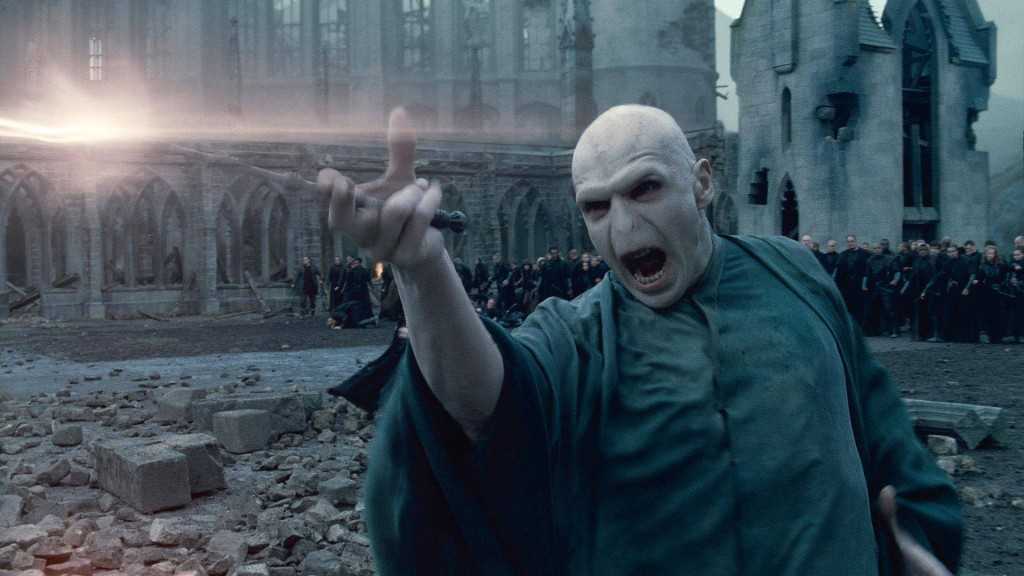By NIEZAM ABDULLAH
FIRST there were the debates over action movies in local cinemas. Now, the controversy has shifted to ghost movies and fears that they encourage superstitious beliefs.
It began with former Prime Minister Tun Dr Mahathir Mohamad’s commenting that these films caused people to believe in the supernatural.
According to Finas, 12 of these scream flicks were shown this year. Of these, two films hit the jackpot – Khurafat collected RM8mil at the box office while the latest, Hantu Bonceng, has garnered RM8.5mil so far.
These horror movies are obviously popular with local theatregoers, and the question is how much of a grip do they have on their audience’s minds.
After all, this is not a new genre. Dracula, produced by Tod Browning in 1931, was the first horror film, followed by James Whale’s Frankenstein.
Scream flicks were produced from the start of Malay cinema, and revolve around local supernatural beings. The popular cerita hantu were Sumpah Orang Minyak (1958), Mata Syaitan (1962), Raja Bersiong (1963), Puntianak Gua Musang (1964), Naga Tasik Chini (1966), Toyol (1981) and Perjanjian Syaitan (1981).
Films are produced to meet fans’ demands. Before this, local moviegoers lapped up ghost movies such as Nang Nak from Thailand and Pochong from Indonesia.
Besides, the fascination with the supernatural is universal, and it makes commercial sense to tap its entertainment value. It’s no wonder the vampire love story in the Twilight series is such a hit.
Horror flicks’ entertainment value was first recognised in the West, and they have continued to churn them our because they are so popular.
The local film industry is thriving, but it’s a pity that it’s often saddled with accusations of shaping negative images in audiences. Is that fair? After all, no one who watches Dracula would be driven to suck human blood, or turn to witchcraft after watching Harry Potter.

Harry Potter fans may go as far as learning and chanting spells that are featured in the book and movies, but it is all done in jest.
Local film activists also disagree with the notion that ghost movies will influence their audience negatively.
Director Ahmad Idham and Mamat Khalid believe there are lessons to be learnt in every film produced.
The deluge of horror films is not to be disdained as audiences learn about the follies of following deviant teachings.
Meanwhile, Universiti Malaya’s Media Department senior lecturer Associate Professor Dr Abu Hassan says everyone should not be finding fault with films because society will not turn to the supernatural simply from watching films in that genre. People watch films, he said, for recreation.

Dr. Abu Hassan Hasbullah says local filmmakers are impeded by too many regulations and too little funding.
He adds that local filmamakers make so many horror films because their creativity freedom is curbed by many restrictions and rules that sometimes do not make sense. Film producers also does not have the budget to produce more influential films, such as political, epic or war films like in other countries.
Artistes also have to adhere to guidelines and external interference; there are scenes in Hantu Bonceng that were said to tarnish the sanctity of Islam.
Abu Hassan says all these restrictions on filmmakers’ creativity led to their failure to produce good scripts for the public.
“If we want to produce a historical film, some people will accuse us of instigating something. Likewise, there will be problems if we want to produce a film on a politicians.
“Because of all these pressures on our filmmakers, they found it better to focus on popular film genres. And these days, it’s horror films.” he says.
The public has to look positively at why certain films are produced, such as to educate. For intance, P. Ramlee’s Orang Minyak was to discourage moviegoers from dabbling in deviant acts. His aim, like other filmmakers, was to educate, and not to lead his audience astray. It’s up to the audience to learn and adopt the right practices.
Then, there are those who say that filmmakers lack the knowledge to produce the scripts.
But Dr Abu Hassan begs to differ; he says film directors have to do extensive research on their subjects, unlike some who only know how to criticise.
“If a person wants to make a war movie, he has to research war. And if he wants to produce a historical film, he has to research different aspects of war.
“These examples show that fimmakers have to be knowledgeable to produce their works. It’s not easy to make films that capture’s people’s attention,” he says.
Dr Abu Hassan adds that the Government needs to increase the funding for local films if they want the industry to undergo a drastic change, and to produce the kind of films that fulfill their criteria. There is only limited funds and loan facilities available to filmmakers, hence the low quality of the films.
The local film industry should not be politicised because the development of a country does not hinge on its film genre but on its education system, he says.
* Get your local entertainment updates with mStar On The Scene in R.AGE every first Wednesday of the month, while Sharm On The Scene takes a break.


Tell us what you think!